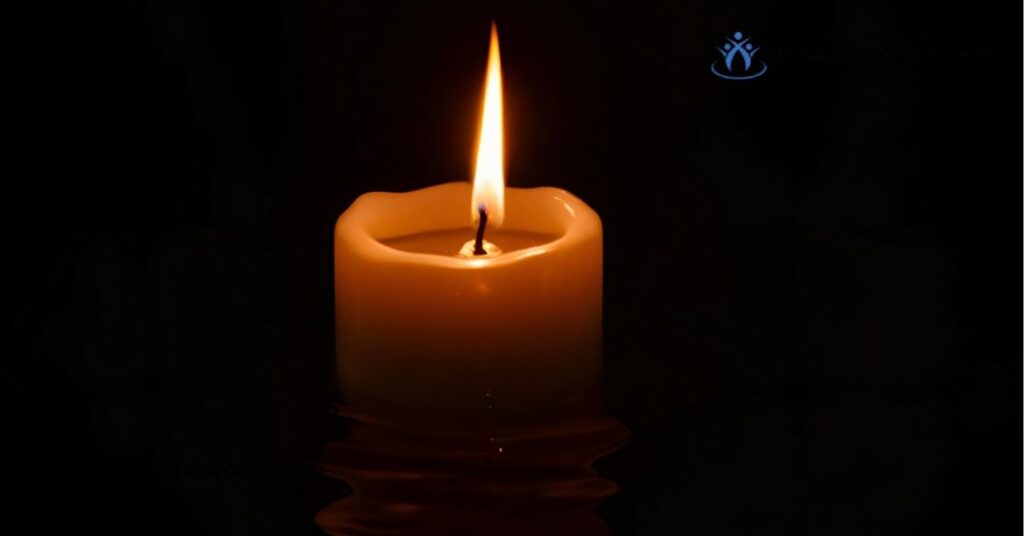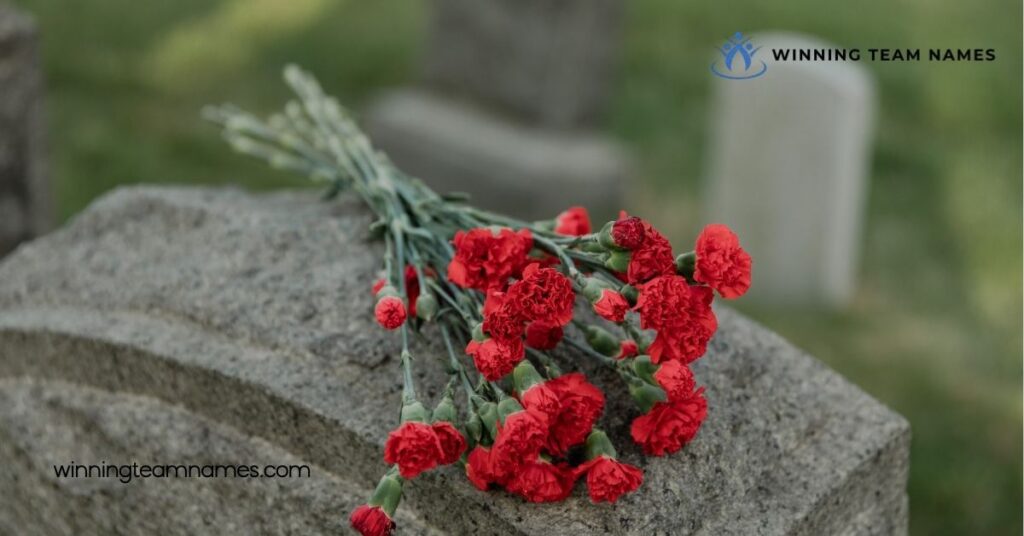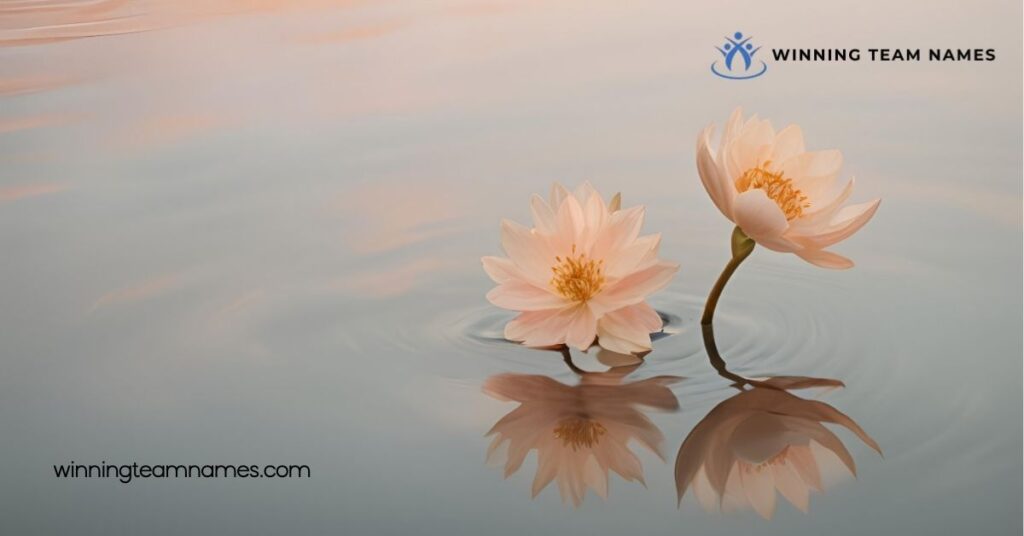What do Japanese names that mean death reveal about culture and beliefs? These names often carry deep significance, reflecting a complex relationship with mortality. Jump into the industry of these evocative names and discover the stories behind them.
Popular Japanese Names That Mean Death

Explore some fascinating Japanese names with meanings related to death. These names carry rich histories and cultural significance, providing unique insights into the views of mortality in Japanese society.
Male Names
- Shinobu (忍): This name can mean “endurance” and is associated with the concept of death. It’s often linked to those who overcome struggles.
- Kurou (黒郎): With kanji meaning “black” and “man,” Kurou evokes a sense of darkness, often related to themes of mortality.
- Shin (死): Literally translating to “death,” Shin is a direct acknowledgment of the inevitable nature of life, making it quite striking.
- Yamato (大和): While often used to embody a sense of unity and peace, Yamato can also reflect the transient nature of life, connecting to death indirectly.
- Ren (連): Typically associated with connections and links, it can imply deep relations, including those about loss and death.
- Shizuka (静香): This beautiful name translates to “quiet” and “fragrance,” but carries a somber note of stillness often synonymous with death.
- Aki (秋): Meaning “autumn,” Aki symbolizes the end of life cycles, embodying the beauty and finality that come with the season.
- Yuki (雪): Translated as “snow,” Yuki represents the purity and quietness often linked with death, reflecting a serene transition.
- Kuro (黒): Often meaning “black,” Kuro relates to the darker aspects of existence, touching on themes of mortality.
- Kirin (麒麟): While a mythical creature representing good fortune, Kirin is also associated with omens of death in certain folklore, bridging the two concepts.
Unique and Rare Names

Japanese culture offers a rich tapestry of names with deep meanings, especially those that relate to death. Exploring unique and rare options can shed light on the nuances of mortality in this tradition.
Obscure Names and Their Meanings
Names like Shikei, which translates to “death,” provide a stark yet profound connection to the finality of life. Another intriguing choice is Jaki, signifying “evil spirit” or “death spirit.” You might also come across Muro, denoting “grave” or “tomb.” These names, while less common, carry important weight and evoke strong imagery associated with the end of life. You’ll find that each name tells a story, enriched by its cultural backdrop and the weight of its meaning.
Regional Variations
Regional variations in Japan often influence the naming conventions surrounding death. For instance, in rural areas, names like Hakaichi, meaning “one of the grave,” can be more prevalent. Urban environments might favor names like Reikon, reflecting a modern view of spirits and death. Also, regional dialects produce variations in pronunciation and writing forms that highlight local beliefs about mortality. You’ll notice how these variations reflect differing attitudes and philosophies about life and death, making every name’s heritage unique and fascinating.
The Impact of Death in Japanese Culture

Death plays a crucial role in shaping various aspects of Japanese culture. You’ll find this influence reflected in literature, media, traditional beliefs, and practices.
Death in Literature and Media
Literature often treats death as a profound theme. Renowned authors such as Yukio Mishima and Haruki Murakami explore mortality and its implications extensively. Films, too, capture these ideas through distinctive narratives that evoke emotional responses related to loss and existence. An array of anime and manga, like “Death Note,” tackles moral dilemmas tied to death, examining its moral and ethical dimensions. Through these mediums, death isn’t merely an end but a vehicle for storytelling and philosophical exploration. You’ll find characters grappling with their mortality, pushing readers and viewers to reflect on life’s transience.
Traditional Beliefs and Practices
Japanese culture embraces unique customs concerning death and the afterlife. For instance, Shinto and Buddhist beliefs shape how people view death, emphasizing respect for ancestors. You might notice practices such as Obon, a festival celebrating deceased family members. During this time, families invite spirits back to the industry of the living with offerings and lanterns. Also, funerals involve exact rituals that guide the departed’s spirit safely to the afterlife. Grave visits also serve as a way to honor those who have passed. These traditions not only acknowledge death’s inevitability but also affirm life’s continuity, illustrating a harmonious balance between both.
Conclusion

Exploring Japanese names that mean death offers a fascinating glimpse into the culture’s profound relationship with mortality. Each name carries its own story and significance, reflecting the beliefs and philosophies that shape how life and death are viewed.
Whether it’s the enduring strength found in male names or the serene transitions represented by female names, these choices reveal a deep respect for the cycle of life. Understanding these names not only enriches your knowledge of Japanese culture but also invites reflection on your own perceptions of life and death.
As you investigate into this captivating subject, you might discover a new appreciation for the complexity and beauty woven into the fabric of existence.







